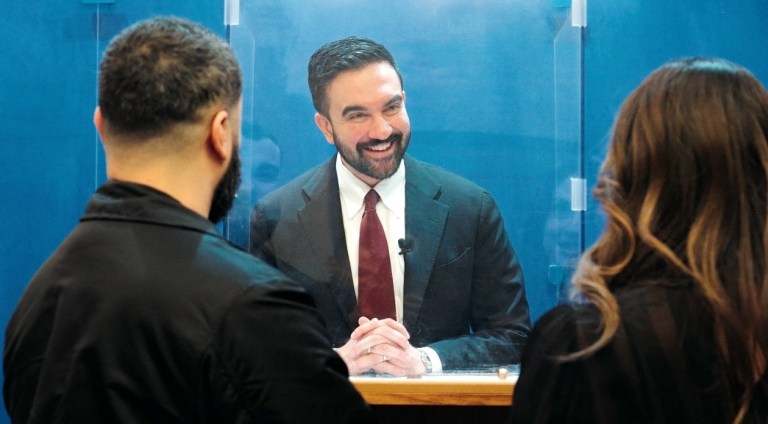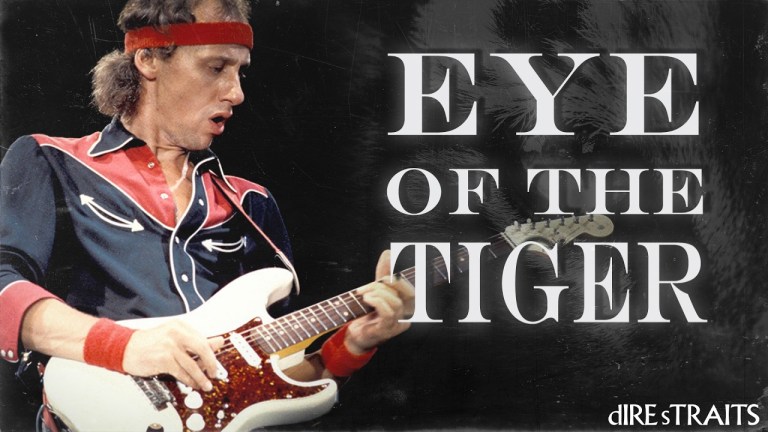How Aristotle Predicted the Rise of Oligarchy And a Blueprint for Its Self-Imposed Demise
Erik Vltav of Legendary Lore explained quite thoroughly how Aristotle predicted the paradox of power, similar to the endless cycle of Anacyclosis, specifically how a democratic system once based upon merit slowly leads to the obscene influence of the wealthy in the highest levels of government.
Remember aristocracy is ruled by the aristos or the best. Oligarchy on the other hand is a perversion of this ideal. In an oligarchy, focus shifts from the welfare of the community to the interests of the rulers themselves it’s no longer about who is most capable or most dedicated to the common good but about who has the most money or property.
Vltav also talked about the vast difference between aristocracy and oligarchy.
In aristocracy leaders are chosen based on their ability to govern well and their commitment to the public interest. In oligarchy the path to power is paved with gold and the purpose of rule becomes the preservation and expansion of the ruler’s wealth and influence.
That being said, Aristotle predicted that oligarchy eventually gives way to a spectacular downfall.
Aristotle believed that legitimate rule required, not just wealth or power, but moral excellence. If oligarchs, from their isolated positions, push radical social transformations while being entirely disconnected from their impacts on ordinary communities. …The gap becomes no longer just economic but moral and cultural.
This change would come from the middle class, which is be the most effective voice for change.
Aristotle observed that change leading to a more just system rather than change to some other oligarchy or tyranny must involve the middle class. Positive change has to come through those who occupy a middle position between extremes of wealth and poverty. …what makes the middle class effective, is their ability to combine virtue with practical wisdom. They aren’t typically the most radical voices calling for revolution nor are they part of the established oligarchy. Instead they are ordinary people who understand both what is good and what is possible.
Finally, oligarchies have no staying power. They peak and then wither away.
Oligarchy’s greatest weakness often lies in its inability to generate genuine loyalty or collective purpose. They rule through power rather than legitimate authority. …It’s easy to swallow the proverbial black pill when things things seem hopeless, but remember oligarchies often appear strongest just before they begin to crack. Their very efforts to maintain absolute control frequently generate the conditions for their own transformation.







